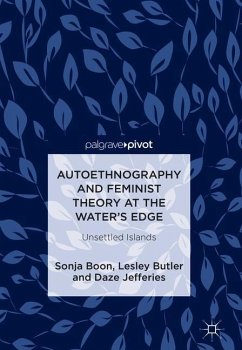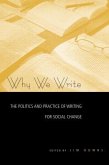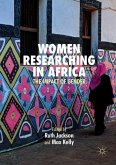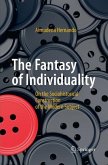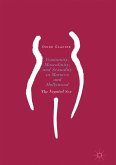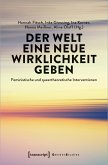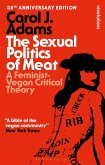This book takes an intimate, collaborative, interdisciplinary autoethnographic approach that both emphasizes the authors' entangled relationships with the more-than-human, and understands the land and sea-scapes of Newfoundland as integral to their thinking, theorizing, and writing. The authors draw on feminist, trans, queer, critical race, Indigenous, decolonial, and posthuman theories in order to examine the relationships between origins, memories, place, identities, bodies, pasts, and futures. The chapters address a range of concerns, among them love, memory, weather, bodies, vulnerability, fog, myth, ice, desire, hauntings, and home.
Autoethnography and Feminist Theory at the Water's Edge will be of interest to students and scholars across a range of disciplines including gender studies, cultural geography, folklore, and anthropology, as well as those working in autoethnography, life writing, and island studies.
Autoethnography and Feminist Theory at the Water's Edge will be of interest to students and scholars across a range of disciplines including gender studies, cultural geography, folklore, and anthropology, as well as those working in autoethnography, life writing, and island studies.

